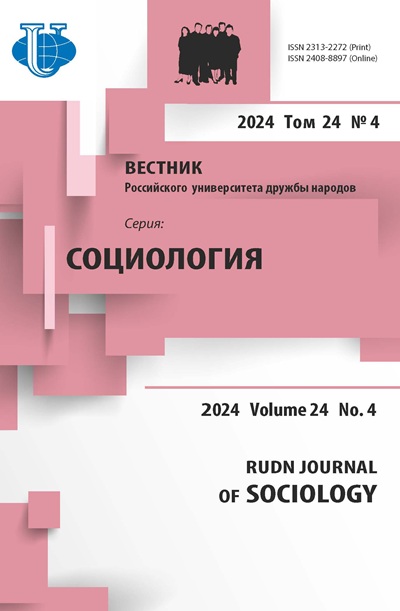The state in search of intellectual resources: The image of scientist in the perception of Russians
- Authors: Lavrov I.A.1, Kryshtanovskaya O.V.1, Samokhina M.V.1
-
Affiliations:
- Russian State University for the Humanities
- Issue: Vol 24, No 1 (2024)
- Pages: 204-216
- Section: SECTION «SOCIOLOGICAL SCIENCES» OF THE 6TH PROFESSORIAL FORUM (RUDN UNIVERSITY, NOVEMBER 16, 2023)
- URL: https://journals.rudn.ru/sociology/article/view/38509
- DOI: https://doi.org/10.22363/2313-2272-2024-24-1-204-216
- EDN: https://elibrary.ru/XDJWOW
Cite item















